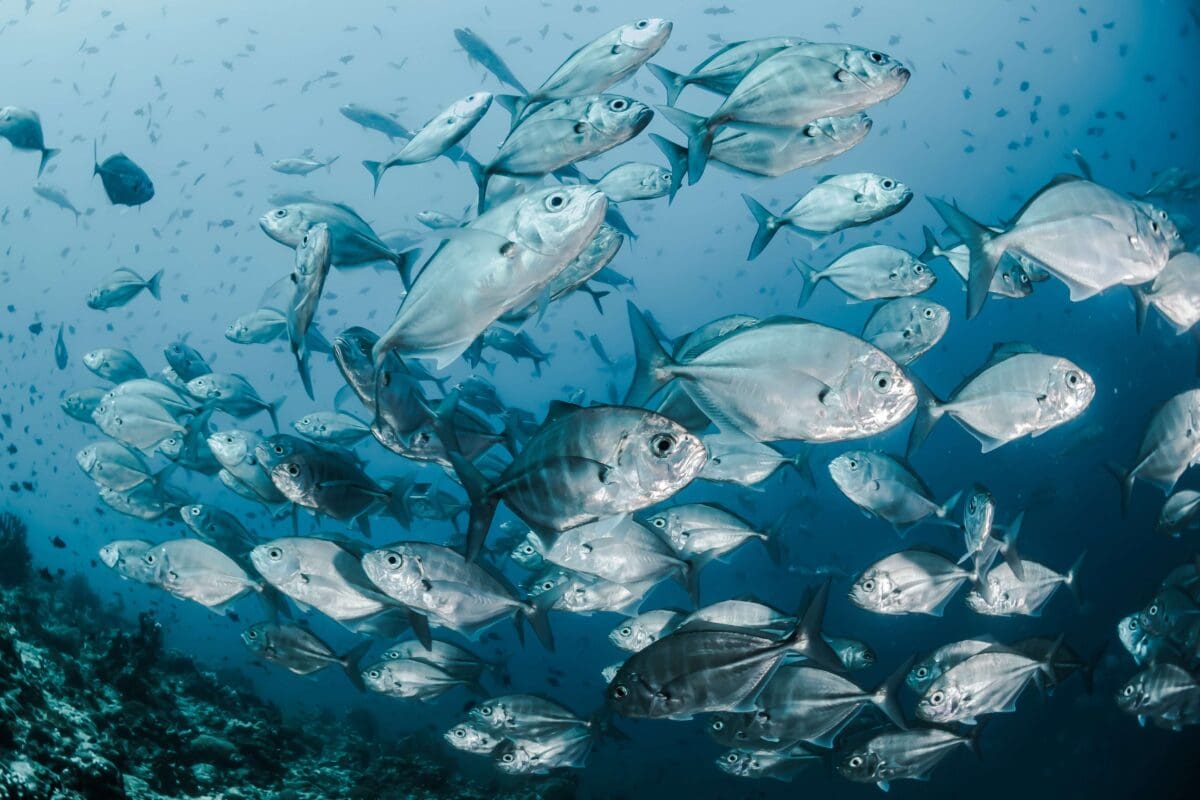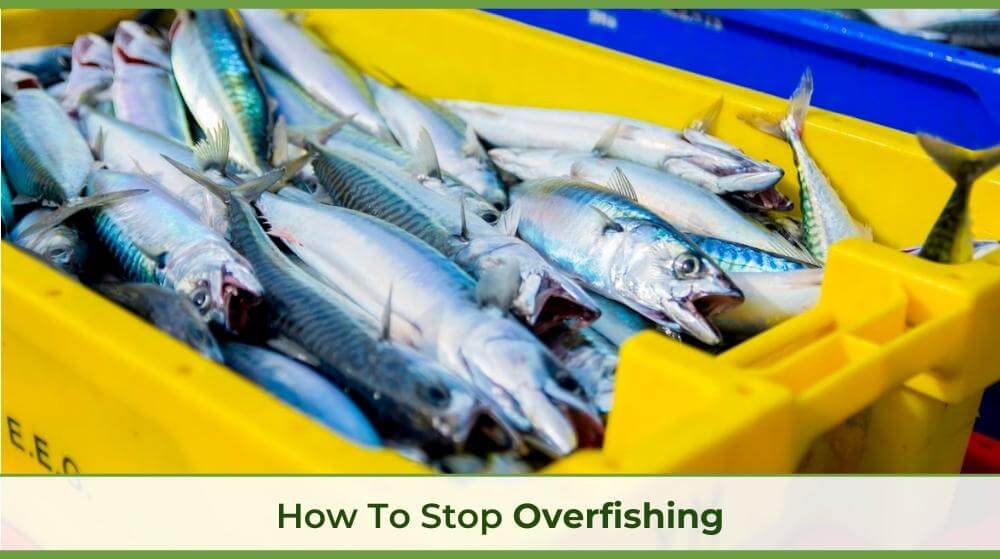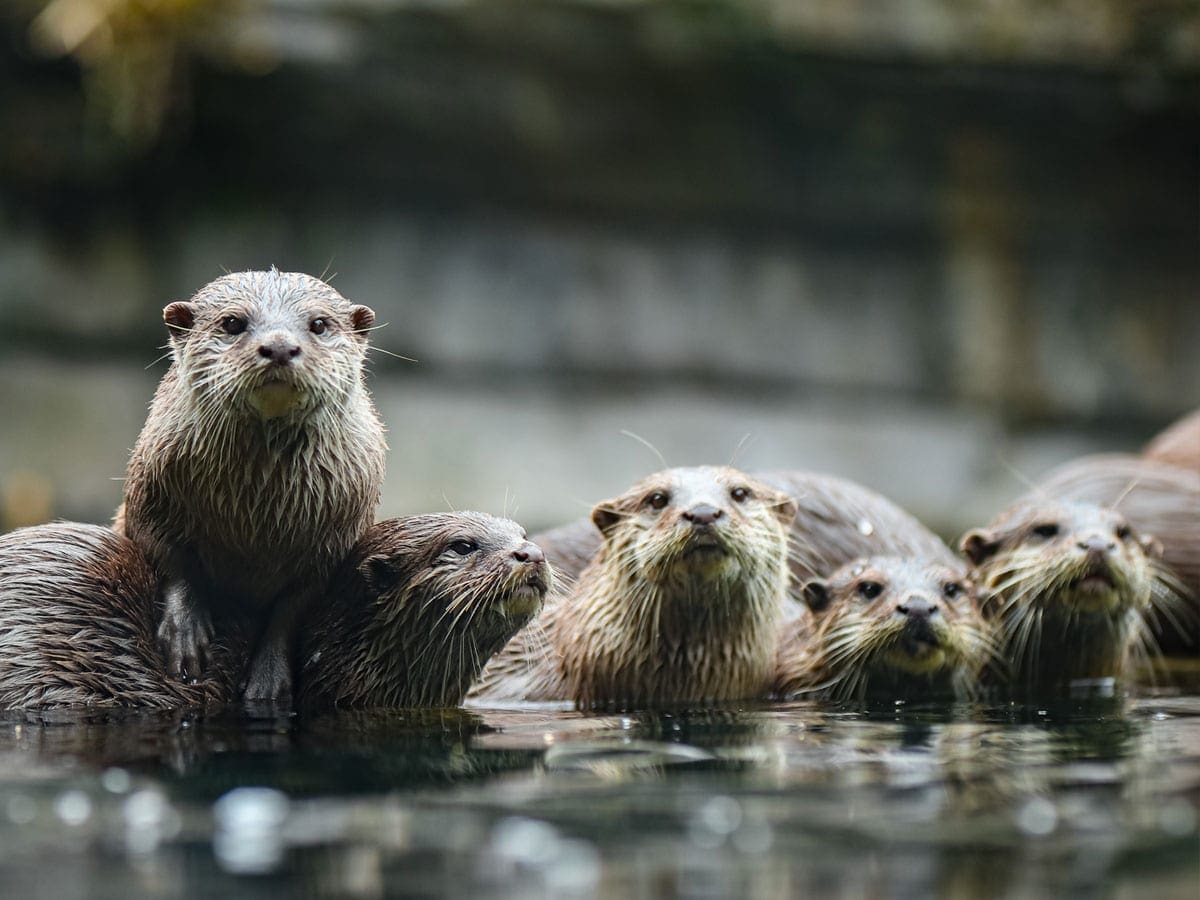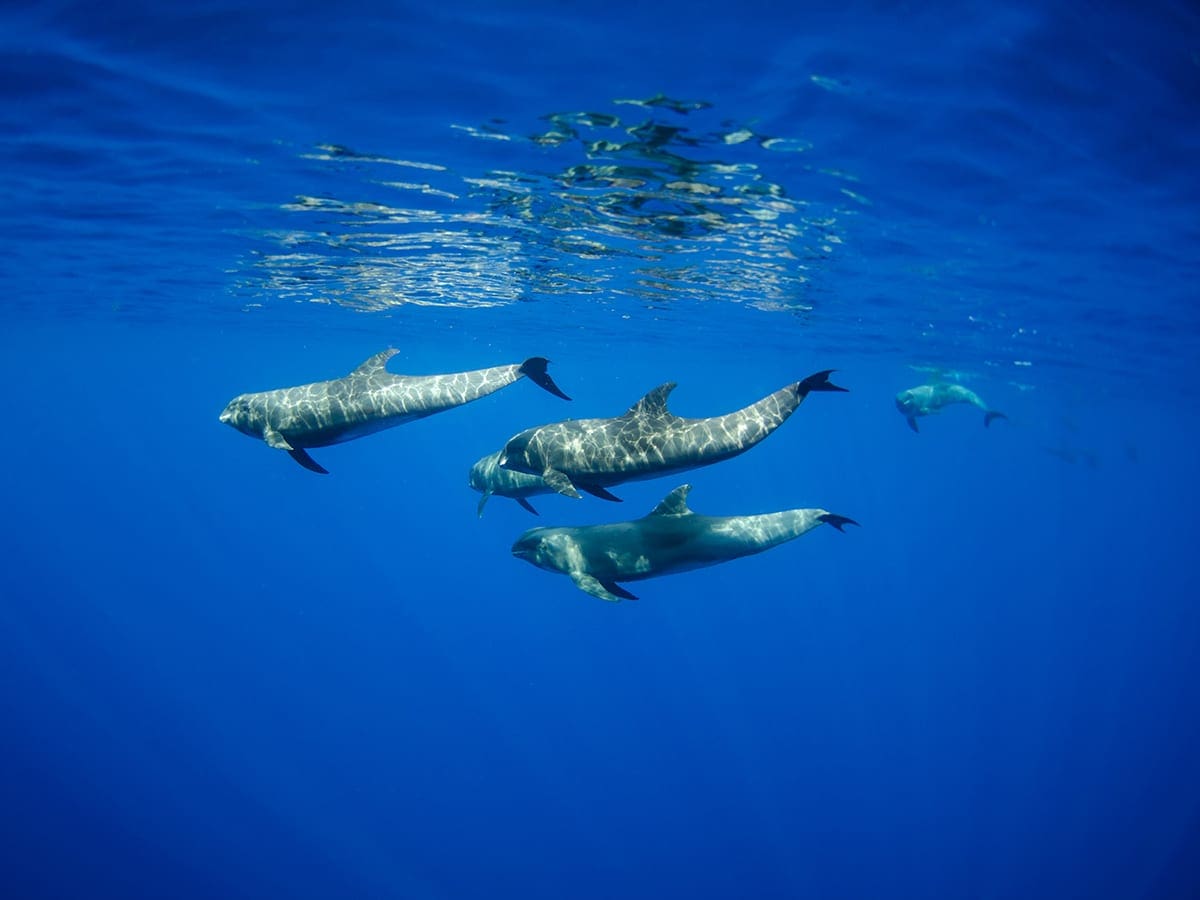
6 Effective Ways For How To Stop Overfishing
Overfishing is a danger to ecosystems around the world. Knowing how to stop overfishing requires innovative technologies and cooperation among many groups of people. Learn the most effective overfishing solutions to help build a sustainable future.
Most people have a vague idea of what overfishing is, but in this article, we go beyond the basics to answer questions such as in which ways does overfishing lead to decreased biodiversity? We also cover what is overharvesting and some overharvesting and overfishing examples.

Learn how to make fishing more sustainable with a degree in wildlife and fisheries biology.
What Is Overfishing, And Why Is Overfishing A Problem?
Overfishing is catching too many fish before they can reproduce, which depletes fish populations over time. Overfishing is sometimes referred to as overharvesting, but overharvesting can refer to any type of resource. Overharvesting examples in the US include mahogany trees becoming more rare and the Carolina parakeet becoming extinct.
Overfishing specifically refers to overharvesting fish, but what causes overfishing?
- Increased demand for seafood
- Technologies that make fishing easier
- Lack of fishing regulations or lack of enforcement
- Government subsidies for catching specific types of fish
What are the effects of overfishing? Overfishing affects entire ecosystems. It reduces biodiversity and may lead to the extinction of entire fish species. This means other animals that rely on fish for food, such as otters, seagulls, and orcas, may struggle to find enough sustenance and also become endangered if they cannot adapt. Coral reefs may also suffer as many fish eat algae, and without them, algae blooms could damage the reefs.
6 Solutions To Overfishing
If humans do not intervene, overfishing will continue to increase and have devastating impacts. These solutions to overfishing include ways to prevent overfishing from getting worse and ways to potentially reverse its current effects.
Sustainable Fishing Quotas and Regulations
The first solution to overfishing is the one that people may be most familiar with. Many areas in the US have regulations on how many fish you can catch and what size the fish must be to legally keep it. Some places require a permit for fishing. The goal is to keep fish populations large enough for them to continue to reproduce and remain a sustainable food source for the future.
Implementing Marine Protected Areas (MPAs)
Marine protected areas (MPAs) are areas where fishing is prohibited or greatly restricted. Other activities that involve taking or harming natural resources may also be prohibited in these areas. Currently, 26% of US marine waterways are MPAs. Increasing this number could reduce overfishing and increase the health of marine ecosystems.
Implementing new MPAs in areas where overfishing has already occurred can reverse its negative effects. For example, an area off the coast of New England called Georges Bank was an excellent fishing location for centuries. However, in 1994, the National Marine Fisheries Service found that the population of cod fish in the area had decreased by 40% over four years. The government acted quickly and banned fishing in the area the same year. Within a few years, cod fish populations began to increase again.
Protected areas can also help to stop the overharvesting and poaching of wildlife on land.
Promoting Selective Fishing Techniques
Destructive fishing practices such as trawling lead to a large amount of habitat damage and unintended catch. Trawling involves dragging a large net across the ocean floor, picking up all sea life in its path. Instead of destructive fishing practices, people need to adopt more selective techniques. This can be done by changing the size and shape of the fishing nets used. Selective fishing also ensures that you are following fishing regulations and quotas.
Supporting Sustainable Seafood Choices
How to prevent overfishing starts with individual choices. Educate yourself on the types of fish in your area. Check the fishing laws and regulations in the area to confirm that the fish you purchase is local and sustainably sourced. When eating at a restaurant, don’t be afraid to ask the server where the seafood they serve is sourced from. Specific overfished species should be avoided completely, including:
- Tuna
- Shark
- Halibut
Enhancing International Cooperation
Overfishing in the ocean is a global problem. The Food and Agriculture Organization (FAO) of the United Nations manages oceans that are not otherwise managed by a nation or territory. However, even in international waters, anglers must follow the fishing laws and regulations of the area they came from. The US requires permits for all commercial fishing vessels in international waters. Encouraging other countries to do the same could reduce overfishing on a global scale.
Investing In Fishery Management and Research
Increased investment in fishery management and research is needed to understand fish populations and ecosystems better. A study from the National Academy of Sciences (NAS) found that investing in fishery management improves fish populations. They emphasize the importance of science-based fishing quotas and monetary investments in sustainable fishery management. Catch shares are another potential way to prevent overfishing. They help ensure communities receive the food they need while not depleting fish populations in key areas.

Love the ocean? Find a marine career that matches your passion at Unity Environmental University.
Careers Combating Overfishing
There are many career options where you can dedicate your work to combating overfishing and promoting sustainable fishing practices. You could work as a fisheries manager and use sustainable practices in your everyday work. If you want to encourage changes in the industry as a whole, you can work in policy or activism.
Individuals who are passionate about protecting fish and their ecosystems should consider a career as a game warden. Game wardens are responsible for enforcing fishing regulations. The job may include checking permits and catches to ensure they are within quotas.
More interested in the research side of sustainable fishing methods? Then, you may enjoy working as a marine biologist. To advance your career, you could earn an online master’s degree in marine biology. You will study questions such as:
- How does overfishing affect humans?
- What does overfishing do to the environment?
- What are the most effective solutions for overfishing?

Ready To Learn More About Unity Environmental University?
Start Your Career In Combating Overfishing At Unity Environmental University
A bachelor of science degree in wildlife and fisheries biology can help you start your career solving the world’s overfishing problems. This degree will prepare you for a career managing a fishery or advocating for stricter fishing laws and regulations. As our population grows and climate change continues to affect the planet, sustainable fishing practices will remain vital in the future, guaranteeing you a long, meaningful career.





